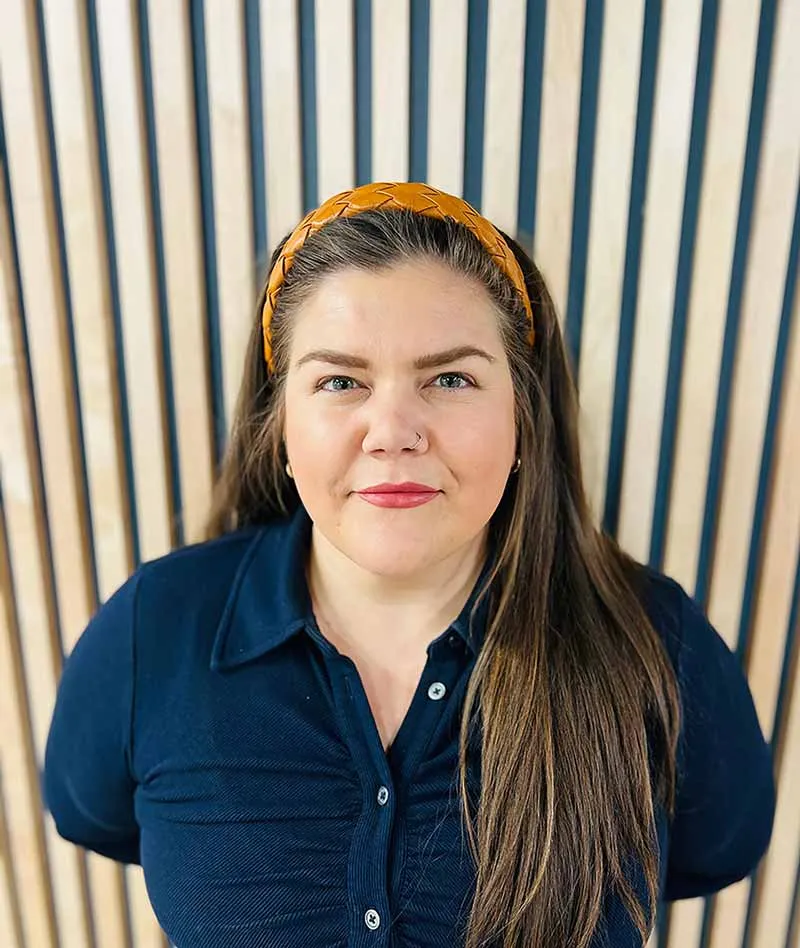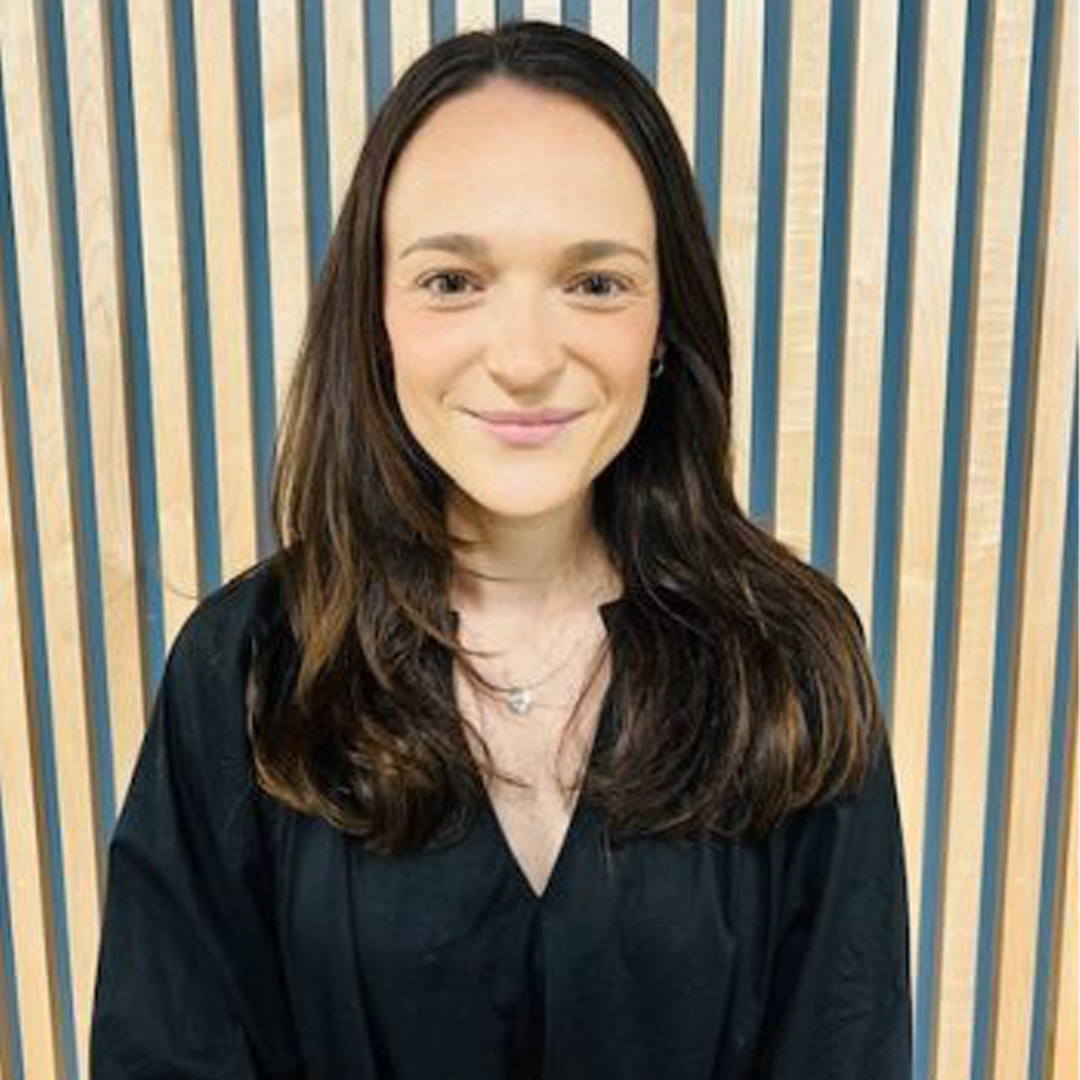Partial Hospitalization Program (PHP) in Atlanta, GA
Partial Hospitalization Program (PHP)
At Valor Behavioral Health, our Partial Hospitalization Program (PHP) in Atlanta, Georgia offers a comprehensive approach to mental health and dual diagnosis treatment. By providing a vital bridge between inpatient care and outpatient services, our PHP Program is designed for individuals who require intensive support but do not need round-the-clock hospitalization.
If you or a loved one need help with behavioral health concerns, visit our admissions page or text us at 678-679-4077 today. Learn more about our mental health programs in Atlanta, Georgia.
How Does Our Partial Hospitalization Program in Atlanta Work?
At Valor Behavioral Health, our Partial Hospitalization Program is structured to provide a high level of care while allowing patients to live at home. The program typically involves attending therapy and treatment sessions for for a minimum of six hours per day, six days days per week. This schedule offers the intensity of inpatient care without the overnight stay, allowing patients to maintain family and work responsibilities and has been proven to provide lasting outcomes.
What Does Our PHP in Atlanta Treat?
Our PHP is equipped to address a wide range of mental health issues, including:
- Depression: Offering targeted therapies to manage symptoms and improve mood.
- Anxiety Disorders: Implementing strategies to reduce anxiety levels and cope with triggers.
- Bipolar Disorder: Providing balanced treatment approaches to manage mood swings.
- Post-Traumatic Stress Disorder (PTSD): Specialized therapies to address trauma and its aftermath.
- Borderline Personality Disorder (BPD): Tailored therapies to improve emotional regulation and interpersonal relationships.
- Obsessive-Compulsive Disorder (OCD): OCD responds well to cognitive-behavioral therapy (CBT) and medications.
- Schizophrenia: Treatment for schizophrenia and other psychotic disorders involves a combination of medication and therapy.
- Dual Diagnosis Disorders: Integrated treatment for co-occurring mental health and substance use disorders.
How Do I Know I’m A Good Fit for a Partial Hospitalization Program?
You may be a good fit for our PHP if you:
- Have transitioned from an inpatient program but still require structured support.
- Need more intensive care than typical outpatient therapy.
- Are able to participate in a structured, therapeutic environment while living at home.
- Are motivated to work towards mental health improvement in a group setting.
- Have a co-occurring mental health and substance use disorder.
- Live in a safe and supportive environment, either at home or in a sober living program.
How We Treat Mental Health in our PHP Program
Our PHP employs a range of therapeutic approaches, including:
- Holistic Therapy: Addressing overall wellness and health in a mind-body-spirit approach.
- Somatic Therapy: Focusing on the connection between mind and body other types of modalities.
- Cognitive Behavioral Therapy (CBT): Altering negative thought patterns to improve behavior and mood.
- Dialectical Behavioral Therapy (DBT): Enhancing emotional regulation and interpersonal skills.
- Family Therapy: Involving family members in the mental health treatment process.
- Trauma Therapy: Specialized approaches to address traumatic experiences.
What Does a Typical Day Look Like in Our Partial Hospitalization Program?
Check-In and Morning Meeting: Clients arrive at the facility and often start with a check-in process. This might include a brief meeting or gathering where the plan for the day is discussed, and any pressing issues or feelings are shared.
Group Therapy: A key component of PHPs, group therapy sessions typically occur in the morning. These sessions focus on various topics such as coping skills, stress management, and interpersonal relationships.
Educational Workshops: Clients may participate in educational sessions about mental health, medication management, and strategies for dealing with specific disorders.
Lunch and Break: There’s usually a break for lunch, providing an opportunity for social interaction and relaxation.
Physical Activity: Some programs include a period of physical exercise or movement, such as yoga, walking, or another form of gentle physical activity.
Individual Therapy: Clients may have scheduled one-on-one sessions with their therapist to delve deeper into personal issues, progress, and treatment plans.
Specialized Therapy Sessions: Depending on the patient’s needs, specialized sessions like Cognitive Behavioral Therapy (CBT), Dialectical Behavioral Therapy (DBT), trauma therapy, or somatic therapy may take place.
Skill-Building Activities: Activities focused on building specific skills, such as emotional regulation, communication skills, or relapse prevention techniques.
Return Home: Patients return to their home environment where they can apply the skills learned during the day. This also allows them to maintain family and other personal relationships.
Assigned Homework or Reflection: Often, therapists assign tasks or reflective exercises to be completed at home, reinforcing the day’s therapy.
How Long Does a Partial Hospitalization Program in Atlanta Last?
Get Help Now
If you or a loved one is struggling with mental health issues or dual diagnosis disorders and seeking a balanced approach to recovery, our Partial Hospitalization Program in Atlanta may be the right choice.
Begin Our Partial Hospitalization Program in Atlanta Today
Treatment Philosophy

Meet Our Team

















